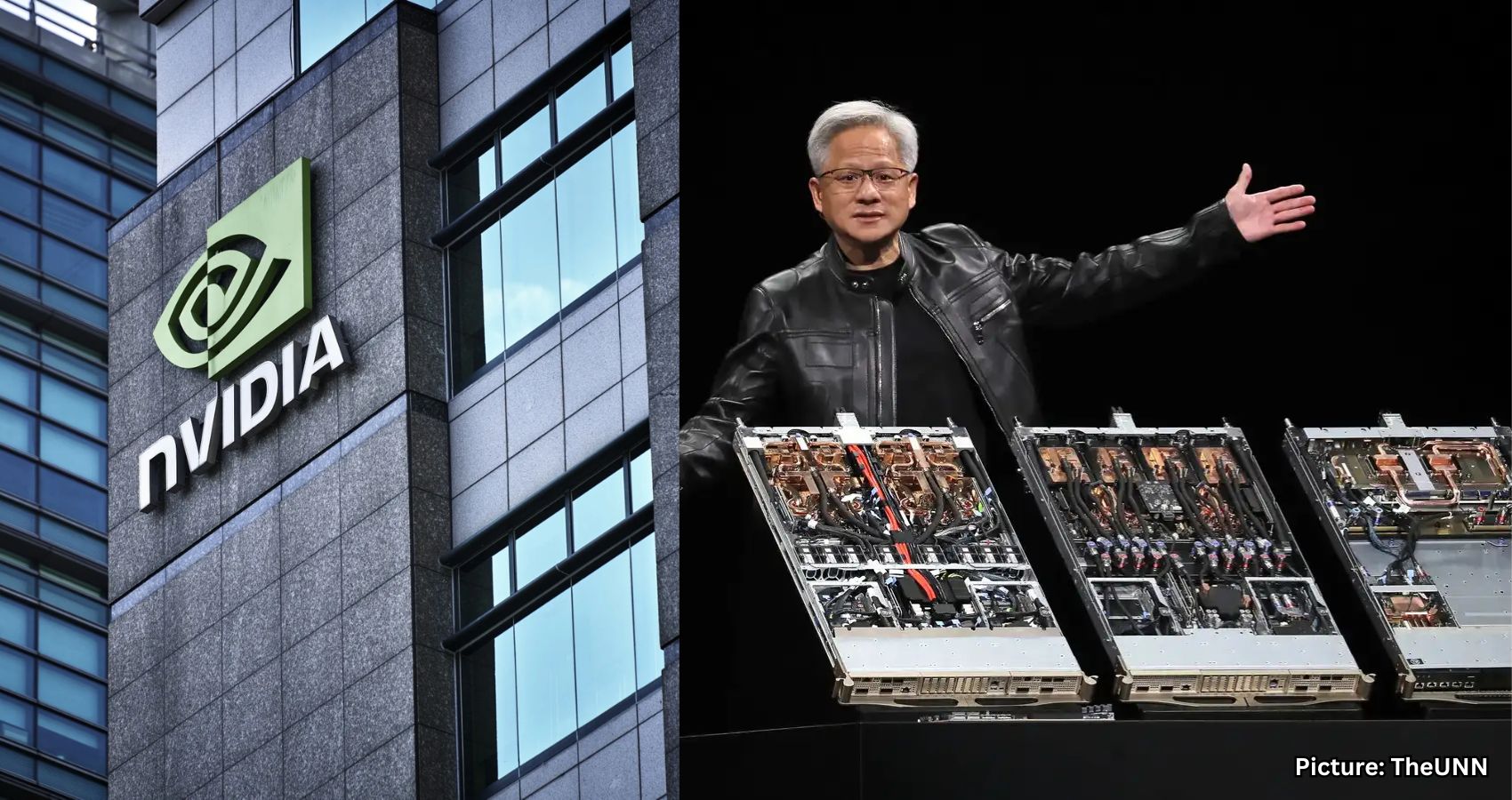Amazon and Microsoft are backing legislation that would impose stricter export controls on Nvidia, impacting the chipmaker’s ability to sell advanced chips to China.
Amazon and Microsoft are reportedly aligning against Nvidia’s business interests in China. According to a report by The Wall Street Journal, the two tech giants are supporting legislation aimed at further restricting Nvidia’s ability to export advanced chips to the country.
The legislation in question, known as the GAIN AI Act, was introduced in 2025 and seeks to ensure that U.S. companies have priority access to advanced artificial intelligence (AI) chips while limiting exports to what are termed “countries of concern.” This proposed law aims to amend the Export Control Reform Act of 2018, requiring AI chip manufacturers to prioritize domestic customers before selling or shipping high-performance processors internationally.
Under the GAIN AI Act, export licenses would be contingent upon meeting domestic demand first. Furthermore, only certain “trusted United States persons” would be permitted to operate or transport these chips abroad, and they would be subject to strict security protocols.
Nvidia, which holds a dominant position in the global chip market, has previously expressed concerns that the GAIN AI Act could stifle global competition for advanced chips, ultimately limiting the computing power available to other nations.
Supporters of the GAIN AI Act argue that it will protect American innovation and bolster the capabilities of startups, universities, and cloud service providers. They believe that maintaining U.S. leadership in critical AI technologies is essential for national security and economic growth. However, critics, including major chip manufacturers like Nvidia, warn that such restrictions could diminish global competitiveness, hinder exports, and slow the pace of technological advancement.
The GAIN AI Act represents a strategic effort to balance national security interests with economic considerations and technological leadership. Its impact will largely depend on the extent to which the proposed rules are enforced.
Reports indicate that Microsoft has publicly endorsed the legislation, while officials from Amazon’s cloud division have privately communicated their support to Senate staffers. This backing from major industry players, alongside support from AI startups such as Anthropic, highlights a growing recognition of the importance of ensuring that American firms, researchers, and institutions have reliable access to cutting-edge computing resources.
As the debate unfolds, it underscores the complexities of balancing innovation, competitiveness, and security in the tech industry. Nvidia and other critics caution that the proposed restrictions could limit the availability of high-performance chips on a global scale, potentially hindering international AI development and reducing the competitiveness of U.S. companies in foreign markets.
The GAIN AI Act thus occupies a critical space at the intersection of economic policy and national defense, illustrating how legislative measures can shape both domestic industrial strategies and global technology flows.
Source: Original article

